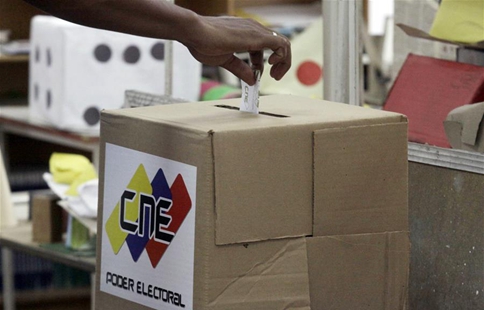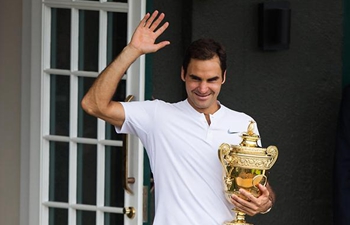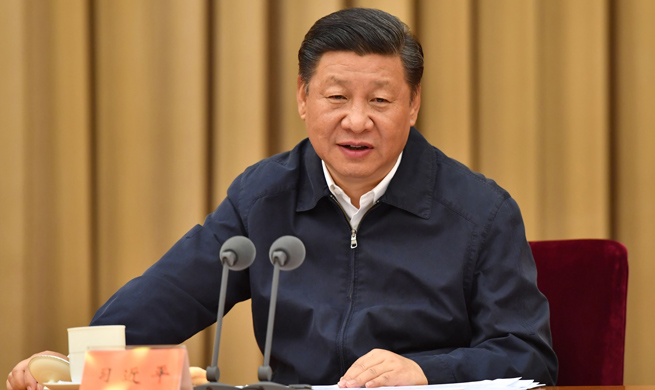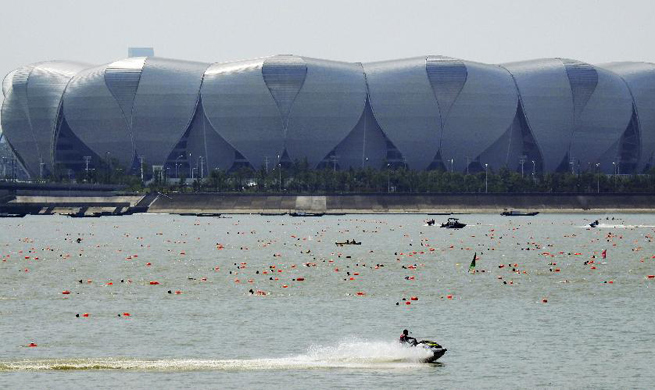GENEVA, July 17 (Xinhua) -- At least 274 billion U.S. dollars in annual increase of investment is needed to reach the UN health targets in 67 low- and middle-income countries that account for the world's 75 percent population, according to a latest study published in the Lancet Global Health on Monday.
The WHO-funded study estimates the costs and benefits of progressively expanding health services in order to reach 16 Sustainable Development Goal (SDG) health targets in those 67 countries.
The services would prevent, at most, some 97 million premature deaths globally between now and 2030. While most countries can afford the investments needed, the poorest nations will need assistance to reach the targets.
The study gives two scenarios -- an "ambitious" one with sufficient money to reach the SDGs by 2030, and a "progress" one achieving only two thirds or more of the targets.
The "progress" scenario would require new investments increasing from an initial 104 billion dollars a year to 274 billion, or 41 dollars per person, by 2030. These investments would prevent about 71 million premature deaths and boost health spending as a proportion of GDP to an average of 6.5 percent.
While under the "ambitious" scenario, achieving the SDGs would require new investments increasing over time from an initial 134 billion dollars annually to 371 billion, or 58 per person, by 2030. That could prevent 97 million premature deaths, including more than 50 million infants and children who are either stillborn or die before their fifth birthday, and 20 million deaths from non-communicable diseases such as cardiovascular disease, diabetes and cancer. Also the investment would boost health spending as a proportion of GDP across all 67 countries from an average of 5.6 percent to 7.5 percent, with the global average 9.9 percent.
While most countries can afford the investments needed, the poorest nations will need assistance to reach the targets, the study says, adding that 32 of the world's poorest countries will face an annual gap of up to 54 billion dollars and will continue to need external assistance.
"Universal health coverage is ultimately a political choice. It is the responsibility of every country and national government to pursue it," said WHO Director-General Dr. Tedros Adhanom Ghebreyesus.
















